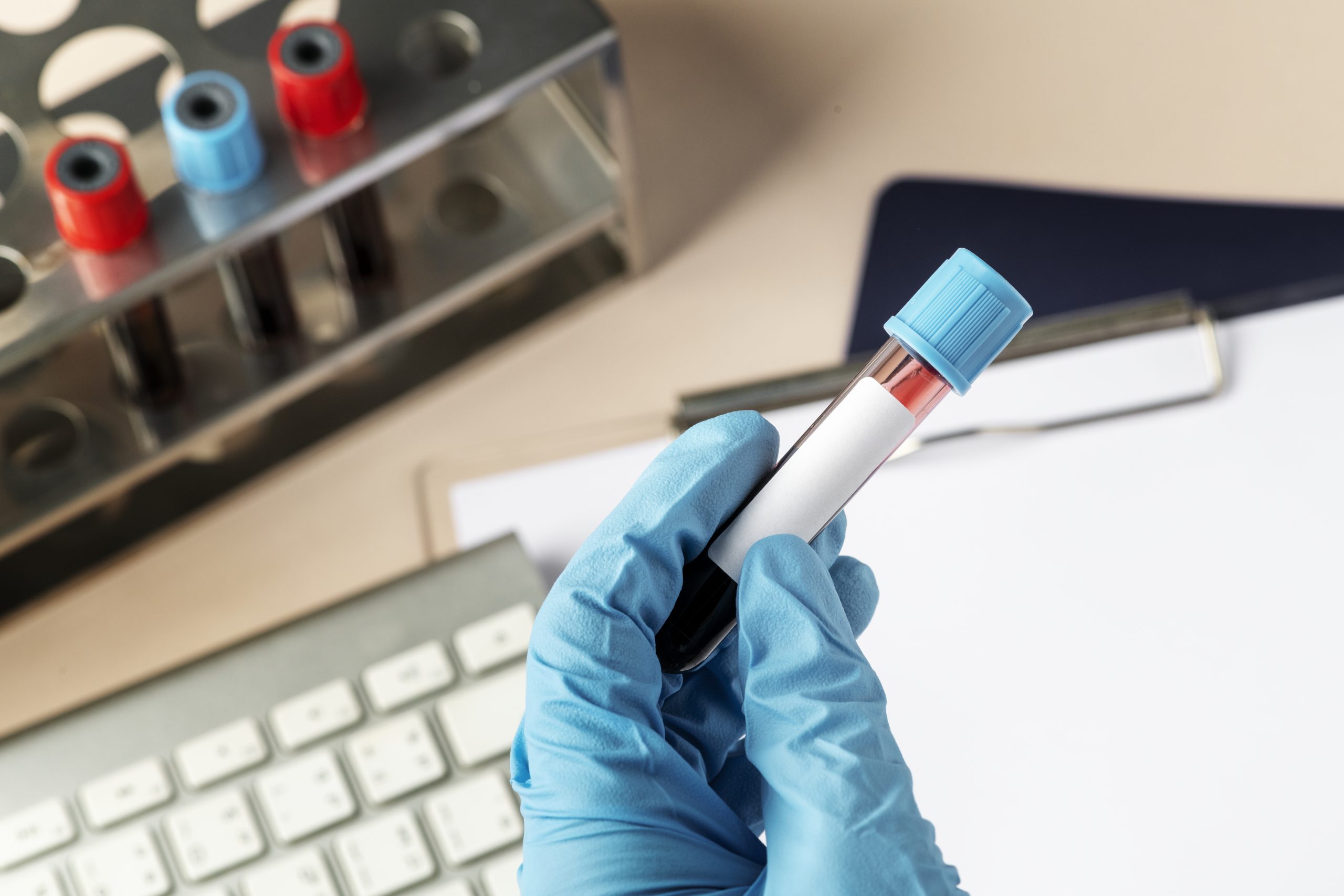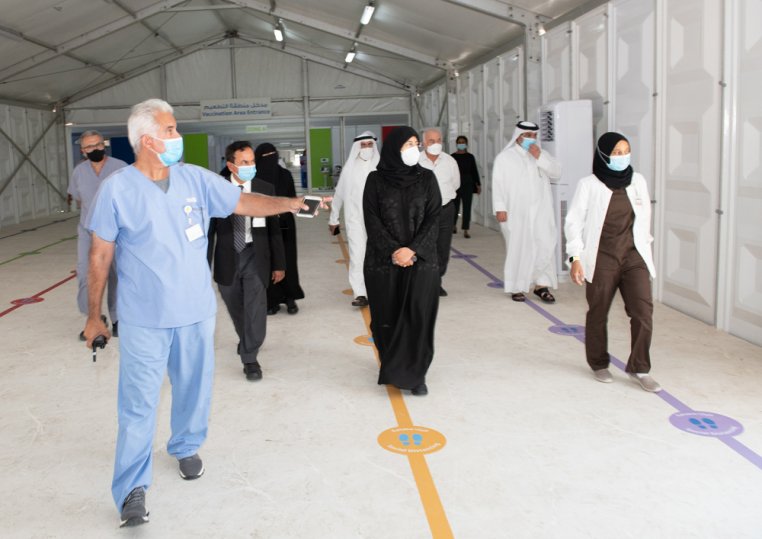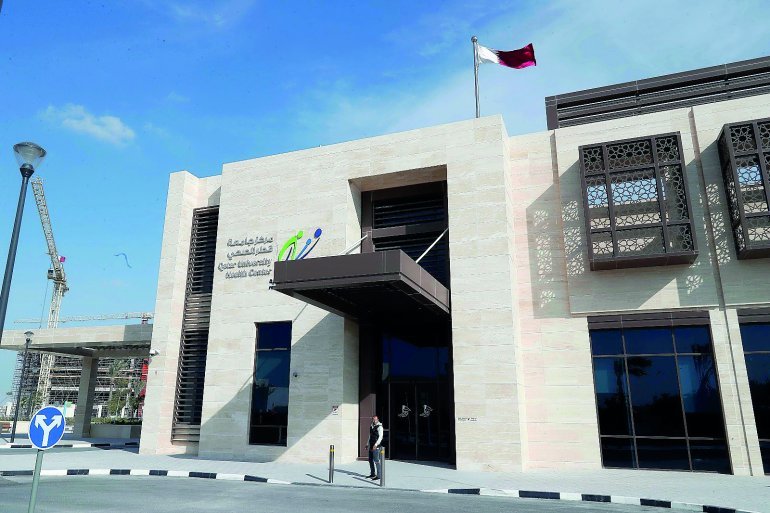Prevention is better than cure
The results of the 1st annual Breast cancer awareness show that this is the most common disease that affects around 17% of the women population in Qatar. ‘Screen for Life’ is coming back for its 2nd year and launched its program at the Intercontinental Doha – The City with exciting partnerships within the venue’s in house restaurants.
 As part of its promotion campaign, the National Cancer Program has partnered with the Intercontinental Doha – the city the whole month of October to promote the Breast cancer awareness by the National Cancer Program.
As part of its promotion campaign, the National Cancer Program has partnered with the Intercontinental Doha – the city the whole month of October to promote the Breast cancer awareness by the National Cancer Program.
The breast and bowel screening program is a life-saving, population based initiative that aims at promoting education, awareness and early detection of breast and bowel cancel in Qatar, titled ‘Screen for life’, it being conducted under Qatar’s National Cancer Program which represents a shift towards preventive and community based care. The primary health corporation, a provider of a wide range of primary healthcare services across the state of Qatar, has been given the authority to lead the program. The program encourages women aged 45-69 years with no symptoms to receive breast cancer screening through mammography, which is generally considered safe, quick and relatively painless. The Ministry of Public Health recommends breasts cancer screening every 3 years.
The screening data from the period of 31 Jan 2016 to 30 July 2017 showed that breast screening was done for more than 11000 women and bowel screening including men and women was done for more than 7000 people.
Symptoms of Breast cancer:
- A persistent lump in the breast
- One or more lumps in the armpit
- Changes in the shape or size of the breasts, particularly if only one breast changes.
- Breast skin changing such as dimpling, puckering, redness, increased warmth, thickening or itching.
- Nipple changes, such as sudden inversion, discharge or scaling.
What are the risk factors?
- A close blood relative (mother, sister, daughter) has had breast cancer
- Women with a father or brother who has had breast cancer
- You have had breast cancer in the past
- You had inherited abnormal genetic markers that indicate risk, particularly two abnormal genes: BRCA1 (breast cancer gene one) and BRCA2 (breast cancer gene two).
- You have dense breasts, which means you have a lot of fibrous or glandular tissue and not much fatty tissue in your breasts. Breast density can be determined through screening.
- You had your first child after the age 30.
- You started menstruating early (before age 12) and/or started menopause later (after age 55)
- You are overweight
- You drink alcohol
- You have a sedentary lifestyle
- You smoke
How to lower your risk?
- Get at least 150 minutes per week of aerobic activity
- Breastfeed for as long as possible
- Consult your doctor to limit the dose and duration of hormone therapy
- Avoid exposure to radiation and environmental pollution
- Don’t drink alcohol
- Don’t smoke
- Control your weight
How does screening really make a difference?
Early detection of breast cancer vastly increases survival rates. Particularly when women who have no symptoms of breast cancer are screened, the disease can be found early, when treatments are more likely to succeed.
What is a mammogram?
A screening mammogram is a low x-ray exam of the breasts to look for changes that are not normal. A mammogram is used as part of a screening plan to check for breast cancer in women who have no signs or symptoms of the disease. Mammogram is generally considered safe, quick and relatively painless.
What should you know before the mammogram?
- If you have previous mammograms and reports bring them to your appointment, or bring a list of where and when you had a previous mammogram.
- Be prepared to discuss any pertinent history – prior surgeries, hormone use, family or personal history of breast, ovarian or uterus cancer.
- Please arrive 30 minutes before your appointment. If you need to reschedule or cancel, call 24 hours in advance.
- Tell us if you are or may be pregnant or are breastfeeding.
- Let them know if you have breast implants
- Let them know if you have had a breast biopsy.
- On the day of the examination, do not wear talcum powder, deodorant, lotion or perfume under your arms or your breasts.
- If you wear jewelry (especially long earrings or necklaces), you should be able to remove it easily.
After the mammogram, if your result is normal, you will receive a text message from PHCC. If the result is abnormal, you will be contacted by the doctor to explain further steps, and it does not necessarily mean breast cancer.
Anyone can register for a free screening by calling 800 1112.
Email: info@screeningfor.qa
Website: www.screenforlife.qa
Check-up Centers:
- Al Wakra Health Center
- Leabaib Health Center
- Rawdat Al Khail Health Center
- Mobile Mammogram Screening Unit






Leave A Comment
You must be logged in to post a comment.